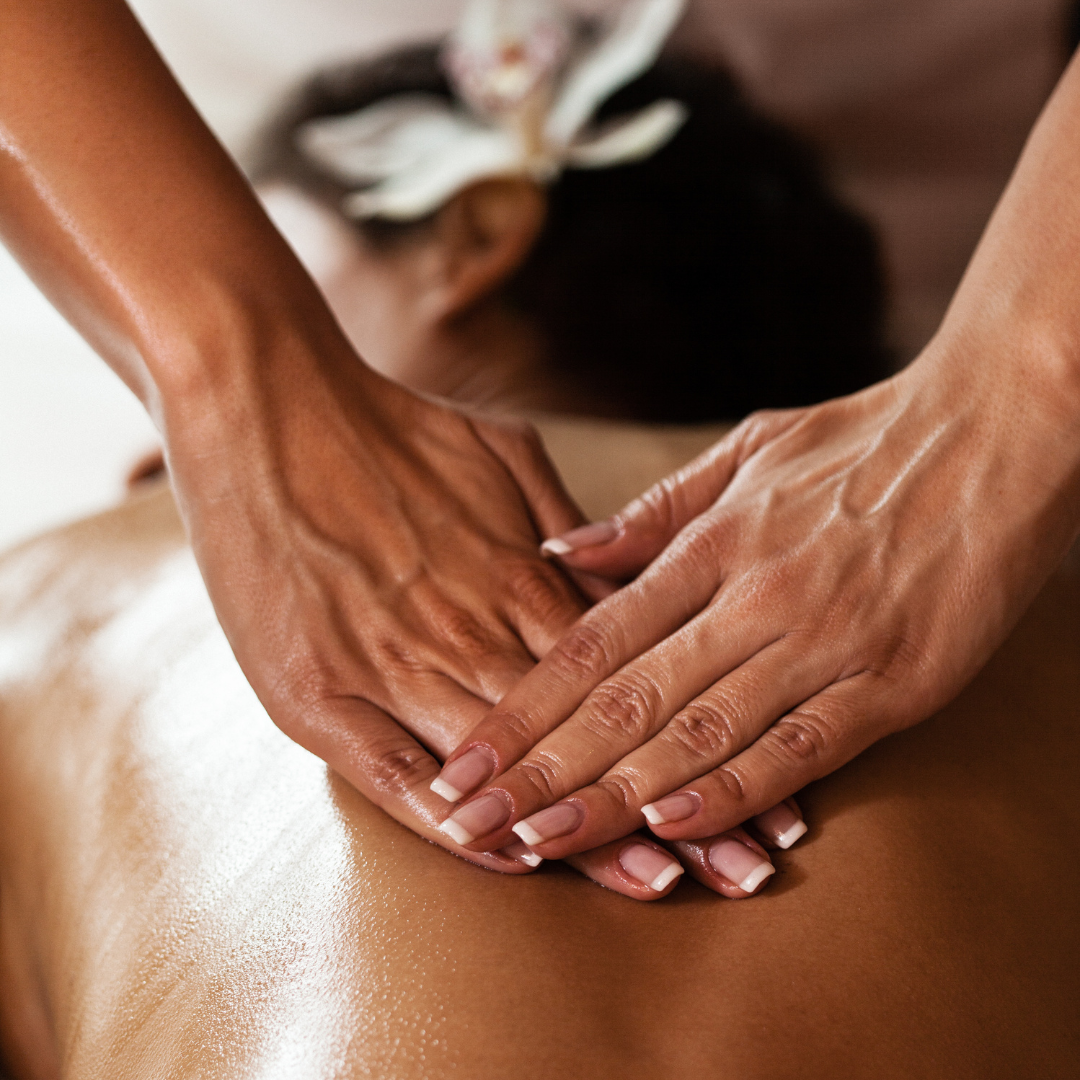In the hustle and bustle of our modern lives, where stress is practically a constant companion, taking care of our mental health has become increasingly vital. While traditional methods like therapy and medication are well-established, an often-overlooked ally in the battle against stress and anxiety is massage therapy. Yes, that luxurious spa treatment is more than just a pampering session for your body – it could be the key to unlocking a realm of emotional wellbeing.
The Mind-Body Connection: Unraveling the Links
Before we delve into the therapeutic aspects of massage therapy, let’s understand the intricate relationship between our minds and bodies. The mind-body connection is not just a catchphrase; it’s a profound concept that underscores the interdependence of our physical and mental states.
When stress creeps in, our bodies react – muscles tense, heart rates spike, and we might find ourselves caught in a loop of anxious thoughts. Massage, with its holistic approach, aims to break this cycle. Through the manipulation of soft tissues, it not only eases physical tension but also has a profound impact on our mental state.
The Relaxation Response: Massage as a Stress-Buster
Massage has a remarkable ability to induce the relaxation response, a term coined by Dr. Herbert Benson, a pioneer in mind-body medicine. This response is the antithesis of the stress-induced “fight or flight” mode. Instead, it prompts the body to release chemicals like serotonin and endorphins, which act as natural mood enhancers. This can also help people in relieving physical pain, from things such as tricep tendonitis or other injuries.
As your massage therapist kneads away the knots in your muscles, your body interprets this as a signal to relax. In turn, your nervous system switches gears, shifting from the sympathetic (fight or flight) to the parasympathetic (rest and digest) mode. The result? A wave of calmness washes over you, soothing not just your muscles but your mind as well.
Beyond Physical Relaxation: Emotional Release
Have you ever noticed how a good massage can bring unexpected tears or a surge of laughter? The release of emotions during a massage is not uncommon. Stored tension isn’t just physical; it can be emotional too. Massage provides a safe space for these emotions to surface and dissipate.
Many people can feel an emotional release during or after a massage, often leaving them lighter and more at peace. Think of it as a gentle unwinding of a tightly wound spring. As your muscles relax, so does your guard, allowing buried emotions to rise to the surface. So, why wait any longer? You can easily book a relaxing massage at your local spa by searching for keywords like “Massage Near Me” online. Give yourself the gift of healing and relaxation, and experience the profound benefits for both your body and mind.
Mindfulness in Motion: The Power of Present-Moment Awareness
In the chaos of our daily lives, our minds often race ahead, dwelling on the future or ruminating over the past. Massage, with its emphasis on the present moment, acts as a gateway to mindfulness. You can visit https://www.theholisticrefinery.ca/ to book an appointment in your area and start feeling the benefits immediately. As the therapist’s hands move rhythmically over your body, you’re encouraged to be fully present, to feel the sensation of each stroke, and to be aware of your breath.
This mindfulness in motion can have profound effects on mental health. It’s a break from the constant chatter of the mind, a reprieve from worries about what’s next or what’s already happened. In this space of mindful awareness, anxiety loses its grip, and a sense of tranquility takes over.
Massage Modalities for Mental Wellness
Not all massages are created equal when it comes to mental health benefits. Different modalities offer unique advantages, catering to various needs and preferences. Here are a few that stand out:
- Swedish Massage: The quintessential relaxation massage, characterized by long, flowing strokes, is perfect for those seeking a gentle approach to stress relief.
- Deep Tissue Massage: If you carry stress in your muscles like a heavy backpack, deep tissue massage targets the knots and tension, providing both physical and emotional release.
- Aromatherapy Massage: Incorporating essential oils, this type of massage adds an olfactory dimension to the experience. Scents like lavender and chamomile can enhance relaxation and mood.
- Hot Stone Massage: Smooth, heated stones strategically placed on the body not only ease muscle tension but also create a deeply calming effect, promoting mental relaxation.
For students, incorporating massage therapy into routines aimed at improving student wellbeing programs can be an excellent way to alleviate academic stress, boost focus, and enhance overall mental health.
Integrating Massage into Your Mental Health Toolkit
While massage is undoubtedly a valuable tool for promoting mental wellbeing, it’s important to view it as part of a holistic approach. Combining regular massages with other self-care practices like exercise, healthy nutrition, and sufficient sleep can amplify the benefits.
Additionally, communication with your massage therapist is key. Be open about your mental health goals and any areas of sensitivity. A skilled therapist can tailor the massage to address your specific needs, ensuring a therapeutic experience that goes beyond mere relaxation.
In Conclusion: A Holistic Oasis for Mental Wellness
In the grand tapestry of mental health, massage emerges as a vibrant thread, weaving its way through the physical and emotional realms. It’s not just a luxury reserved for special occasions but a potent tool that, when wielded with intention, can contribute significantly to our overall wellbeing.
So, the next time you find yourself tangled in the web of stress and anxiety, consider booking that massage not as a splurge but as a proactive step towards a healthier, happier mind. As your muscles unwind, so too may the knots in your thoughts, leaving you with a renewed sense of balance and tranquility. After all, in the dance between body and mind, massage is a partner that leads with grace and heals with each tender touch.

